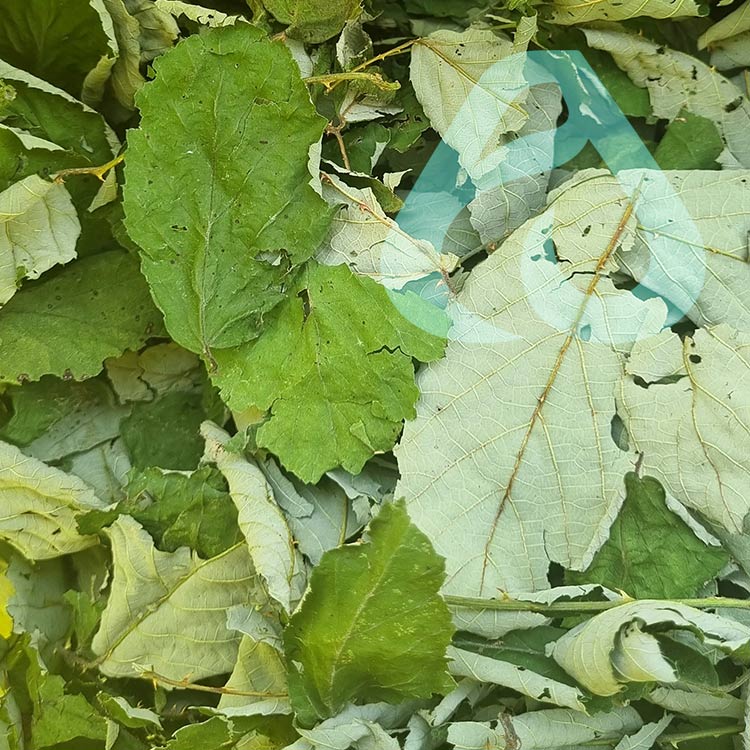Dried raspberry leaves have been used in traditional medicine for centuries due to their numerous health benefits. Rich in vitamins, minerals, and antioxidants, these leaves offer a range of therapeutic properties.

Health Benefits of Dried Raspberry Leaves
Hormonal balance: Dried raspberry leaves are often used to alleviate menstrual cramps and other menstrual discomforts. The plant contains compounds that can help regulate hormones, making it beneficial for women experiencing hormonal imbalances.
Digestive health: These leaves possess astringent properties that can help soothe an upset stomach and reduce diarrhea.
Anti-inflammatory effects: The anti-inflammatory compounds in dried raspberry leaves can help reduce inflammation throughout the body.
Skin health: Topical applications of raspberry leaf extracts may help improve skin conditions such as eczema and dermatitis.
Rich in antioxidants: Antioxidants in dried raspberry leaves help protect cells from damage caused by free radicals.
Common Uses of Dried Raspberry Leaves
Herbal teas: Dried raspberry leaves are most commonly used to make herbal teas. These teas are often consumed to alleviate menstrual cramps, support digestive health, and promote relaxation.
Supplements: Dried raspberry leaf extracts are available in capsule form as dietary supplements.
Topical applications: Extracts from these leaves can be found in skincare products.
Potential Side Effects
While dried raspberry leaves are generally considered safe, some individuals may experience side effects. These can include:
Digestive upset: Consuming large amounts or using them for extended periods can lead to constipation or diarrhea.
Allergic reactions: People with allergies to berries or plants in the rose family may experience allergic reactions.
Hormonal imbalances: Excessive consumption may interfere with hormone levels in some individuals.
Drug interactions: Dried raspberry leaves may interact with certain medications, such as blood thinners and diabetes medications.
Precautions
Pregnancy and breastfeeding: Pregnant and breastfeeding women should consult with a healthcare provider before using dried raspberry leaves, as they may stimulate uterine contractions.
Children: The safety of dried raspberry leaves in children has not been extensively studied.
Medical conditions: Individuals with underlying medical conditions should consult with a healthcare provider before use.
Conclusion
Dried raspberry leaves offer a range of potential health benefits and have been used in traditional medicine for centuries. However, it's important to use them responsibly and consult with a healthcare professional before adding them to your routine, especially if you are pregnant, breastfeeding, or taking any medications.
Would you like me to add any other information or create a different type of content, such as a recipe for a raspberry leaf tea?
Please note: This information is intended for general knowledge and informational purposes only, and does not constitute medical advice. Always consult with a qualified healthcare provider before making any decisions related to your health.

